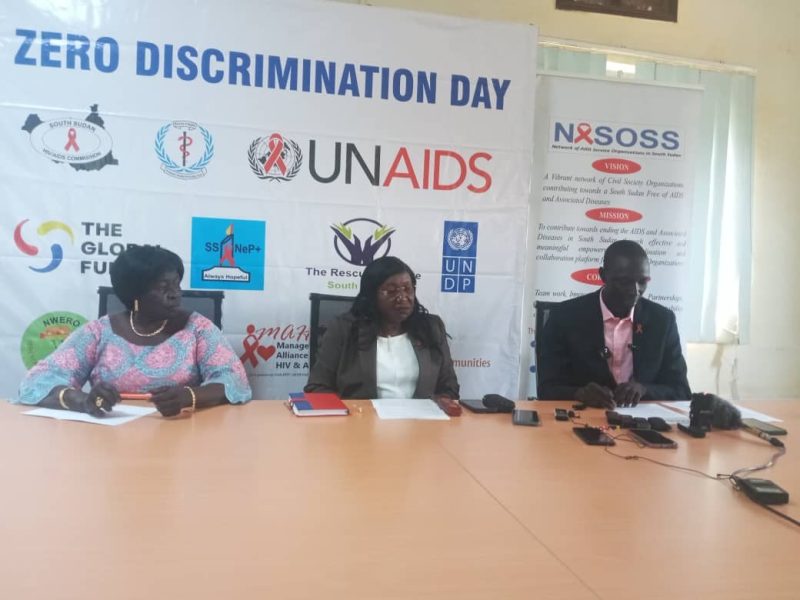
Stakeholders in South Sudan’s health sector have expressed cautious optimism following the resumption of U.S.-funded HIV/AIDS services after a temporary suspension.
While the recent waiver has allowed the resumption of critical care, health advocates say the damage caused during the interruption has left deep scars.
On January 20, 2025, U.S. President Donald Trump signed an executive order suspending all U.S. foreign development assistance for 90 days to assess programmatic efficiencies and alignment with U.S. foreign policy priorities.
However, two weeks later, the U.S. government issued a waiver allowing life-saving humanitarian assistance programs, including HIV services, to resume operations.
Despite the relief, local stakeholders say the short disruption had devastating consequences.
“HIV patients remain traumatized after weeks without access to life-saving medication,” said Peter Garang, Executive Director of the Network of AIDS and Health Service Organizations of South Sudan “We recorded unexpected deaths during the aid cut. In March alone, we lost two clients due to AIDS-related complications, deaths that could have been avoided.”
Garang urged the government to increase its financial commitment to HIV/AIDS interventions to avoid future crises should donor funding falter.
“If nothing changes, we could see more people dying,” he warned. “We’ve already started receiving reports of deteriorating health among patients during the suspension period.”
He emphasized the unpredictability of the country’s HIV response unless the government takes ownership of the programs.
“We still face a wide funding gap,” he said. “The government is not allocating any domestic funds toward HIV interventions. We are entirely at the mercy of donors. That has to change.”
Garang noted that the funding freeze affected not only patients but also the broader health system.
“Fifteen local organizations were impacted, with around 293 staff and volunteers left in limbo,” he explained. “Six patients’ conditions worsened to the final stages of the illness during that time—a situation that should never happen. Community-level services were completely halted.”
While welcoming the U.S. waiver, Garang stressed the need for the South Sudanese government to step in and bridge existing gaps.
He called on people living with HIV to resume treatment, noting that services had now resumed.
“ARV drugs are available again, and facilities that were affected have reopened. Patients should return for their medication,” he said.
Dr. Esterina Novello, Chairperson of the South Sudan Relief and Rehabilitation Commission, echoed the need for government involvement, urging authorities to support strategic health plans and work harder to improve healthcare services across the country.
In a separate statement, Evelyn Letio Unzi, Program Coordinator for the National Empowerment for Positive Women United (NEPWU), highlighted the heavy reliance on donor support, particularly from PEPFAR and USAID.
“Each year, NEPWU receives nearly $1 million from PEPFAR for community outreach, awareness, and prevention campaigns. While it doesn’t fund treatment directly, it plays a crucial role in keeping HIV prevention efforts alive,” Letio said.
Letio revealed that 1,500 people living with HIV missed critical appointments and ARV doses during the suspension.
“These kinds of disruptions can lead to drug resistance, increased transmission, and a looming health crisis,” she warned.
She added that prevention programs—including condom distribution, awareness efforts, and access to pre-exposure prophylaxis (PrEP)—were also jeopardized during the freeze.
As services gradually return, both officials and activists are calling for a renewed focus on building a resilient, government-supported HIV/AIDS response to ensure continuity and protect lives.

